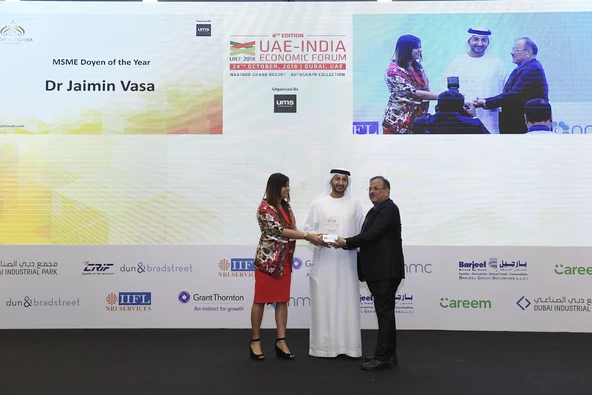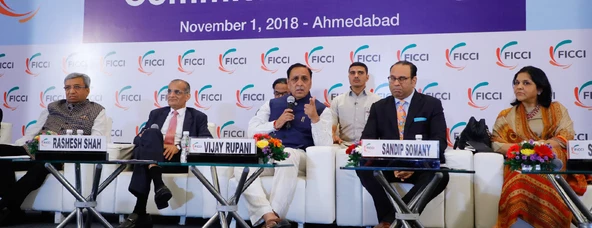June

FDA grants Breakthrough Therapy Designation for Roche’s Gazyva (obinutuzumab) in Lupus Nephritis
Roche has announced that the U.S. Food and Drug Administration (FDA) has granted Breakthrough Therapy Designation (BTD) to Gazyva (obinutuzumab) for adults with lupus nephritis. This designation was granted based on data from the phase II NOBILITY study in adult patients with proliferative lupus nephritis which showed Gazyva, in combination with standard of care (mycophenolate mofetil or mycophenolic acid and corticosteroids), demonstrated enhanced efficacy compared to placebo plus standard of care alone in achieving complete renal response at one year.
“New treatment options are needed for lupus nephritis, a potentially life-threatening inflammation of the kidneys that most commonly affects women,” said Sandra Horning, MD, Roche’s Chief Medical Officer and Head of Global Product Development. “We are committed to developing Gazyva as a potential new therapy for lupus nephritis and plan to begin enrolling patients in a phase III trial next year.”
Lupus nephritis is a potentially life-threatening manifestation of systemic lupus erythematosus resulting from inflammation of the kidneys and is associated with a high risk of end-stage renal disease or death. Breakthrough Therapy Designation is designed to accelerate the development and review of medicines intended to treat serious or life-threatening conditions with preliminary evidence that indicates they may demonstrate a substantial improvement over existing therapies. This is the 27th Breakthrough Therapy Designation for Roche’s portfolio of medicines.
About the NOBILITY Study
The phase II, randomised, double-blind, placebo-controlled, multi-center study, NOBILITY (NCT02550652), compared the safety and efficacy of Gazyva, combined with mycophenolate mofetil (MMF) or mycophenolic acid (MPA) and corticosteroids, to placebo, combined with MMF or MPA and corticosteroids, in adult patients with ISN/RPS 2003 class III or IV proliferative lupus nephritis. The study enrolled 126 people who were randomised to receive Gazyva or placebo infusions on days 1, 15, 168, and 182. The primary endpoint was the proportion of participants who achieved a protocol-defined complete renal response (CRR) at 52 weeks.
The study met its primary endpoint, showing Gazyva, in combination with standard of care (mycophenolate mofetil or mycophenolic acid and corticosteroids), demonstrated enhanced efficacy compared to placebo plus standard of care alone in achieving complete renal response at one year. In addition, Gazyva met key secondary endpoints showing improved overall renal responses (complete and partial renal response) and serologic markers of disease activity as compared to placebo. No new safety signals were observed with Gazyva in the study at the time of this analysis. The full results from the study will be presented at a future medical meeting.
About Lupus Nephritis
Lupus nephritis is a severe and potentially life-threatening disorder of the kidneys. Lupus nephritis is a complication of systemic lupus erythematosus (SLE), an autoimmune disease where a person’s own immune system attacks healthy cells and organs.1 It is estimated that SLE affects 24 per 100,000 in the population globally.2 Up to 60% of people with SLE will develop lupus nephritis, and up to 25% of people with the condition develop end-stage renal disease.1,3 Lupus overwhelmingly impacts women, making up 90% of the patient population. Women from African, Hispanic and Asian ethnic groups are two to three times more likely than Caucasian women to be diagnosed with lupus.4 Currently, there is no cure for lupus or lupus nephritis.




Leave a Reply